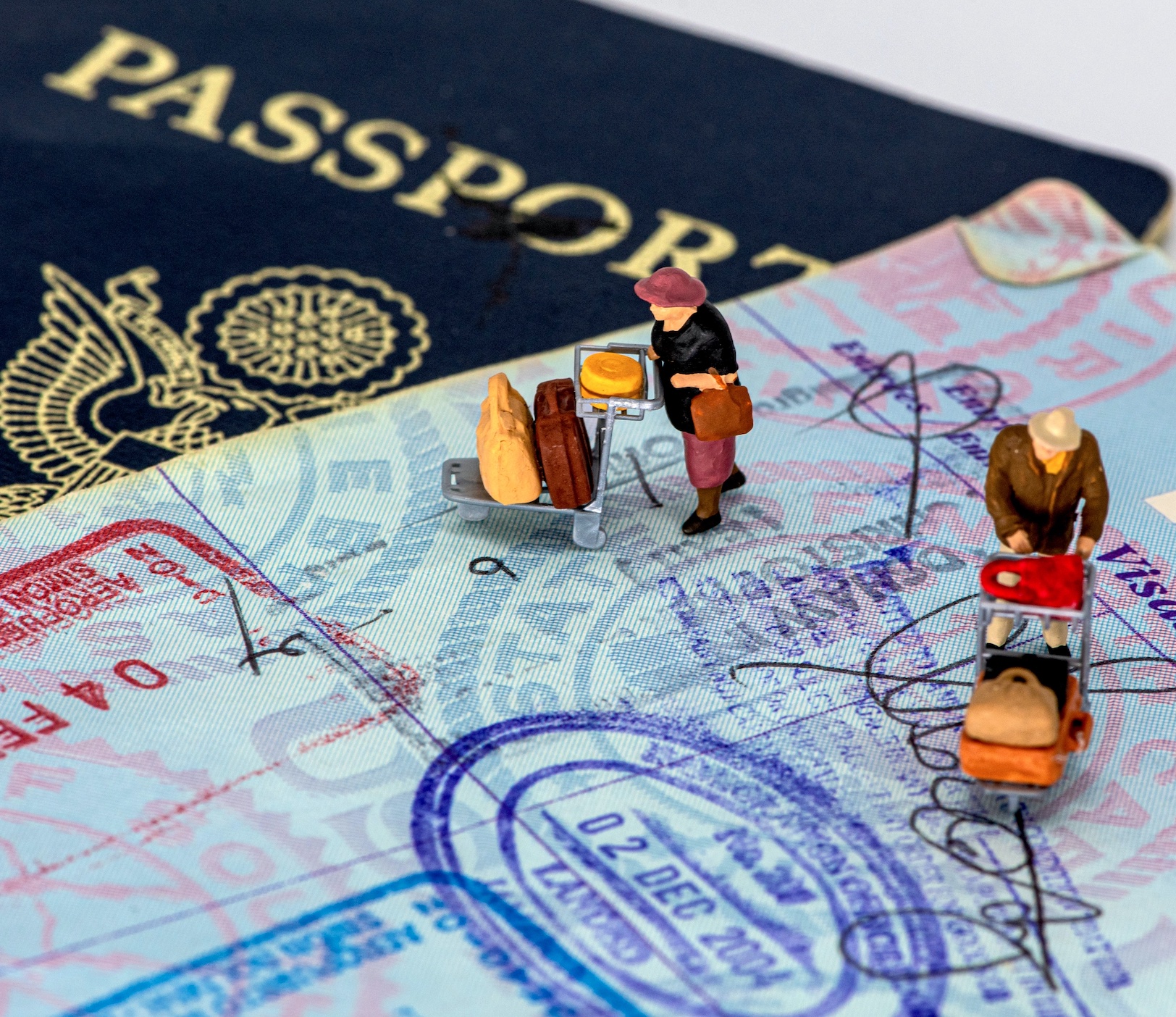Understanding and addressing these effects can help societies create more inclusive and supportive environments that recognize the value and contributions of immigrant families.
Immigration law shapes the fabric of societies by determining who can enter, stay, and establish a life in a new country. These laws, however, affect not only the particular individuals but also their families and communities, therefore addressing issues such as the integrity of the family or the contribution of communities to the society and economy. As immigration policies change, the consequences are felt in all aspects of society, from the personal to the communal. Understanding these consequences contributes to a better understanding of the broader implications of immigration laws as well as the challenges that families and communities face when navigating this complex landscape.
Family Separation and Reunification Challenges
Immigration laws frequently play an important role in keeping families together or tearing them apart. Policies that limit entry slow down processing times or require strict visa regulations lead to long separations between family members. For example, when a family member is deported or denied entry, this is a traumatizing event for the remaining family, which causes psychological problems, financial vulnerabilities, and dysfunctional relationships. Some immigration policies take a long time to complete the reunification of families; thus, families are left stranded; they miss out on life and support structures. When families are eventually reunited, reestablishing their life together in a new setting may present many difficulties throughout the integration process.
Economic Impact on Immigrant Families and Their Communities
Immigration laws impact the economic development of immigrant families and society in general. Policies that affect the issuance of work permits or reduce legal jobs available to immigrants force families to take up low-paying, illegitimate jobs or live in poverty. This not only impacts their economic standing but now makes immigrant households economically vulnerable while reducing their productivity to the larger economy. On the other hand, inclusive policies that open doors for immigration and offer legal mechanisms through which the immigrants can gain employment permits, and citizenship enable the immigrants to seek better-paying jobs and opportunities to invest in the development of the businesses and communities within the host countries. Beyond the confines of their immediate families, immigrants support local economies via taxes, entrepreneurship, and consumer spending.
Social Integration and Community Cohesion
The integration of immigrants into society highly depends on the immigration laws that allow or reduce the opportunities for integration in society. Integration policies that allow access to citizenship, education, voting, and other civic responsibilities are some of the critical elements that foster the sense of belonging of immigrants. On the other hand, restrictive laws that limit access to such opportunities deny these groups dignity, exclude them from social structures, and foster mistrust in public institutions. Inclusive communities active in welcoming immigrants are likely to reap from the diversity, dynamism, and creativity immigrants provide. Successful social inclusion is not only beneficial to immigrant families but also for the entire society because it promotes social unity, understanding, and respect among different groups of people.
Legal Barriers and the Role of Immigration Lawyers

Immigration legislation is complicated, and many obstacles must be overcome in order to avoid having an adverse effect on the lives of immigrant families. Such barriers include the complex and strict guidelines that pertain to visas, green cards, and citizenship, and legal issues that can arise due to deportations, asylum or reunification of families. An immigration lawyer in Houston or other areas serve to help people pass through these hurdles and provide advice and proper legal counsel on how one might be able to navigate through the legal system. Through proper legal services, the immigration system becomes less perplexing, and the legal consequences that may ensue are minimized, hence improving the success rates. Having competent legal assistance not only helps in handling specific cases but is also effective in fighting for reforms that would make immigration more just.
Psychological and Emotional Effects on Immigrant Families
Immigration laws also come with psychological and emotional implications for immigrant families. Lack of legal status often causes individuals to stay in the shadows and fear deportation. The ordeal of dealing with a bewildering legal system contributes to mental health problems like anxiety, depression, and post-traumatic stress disorder. Especially for children, the process of being separated from their families or having to adjust to new cultural practices and norms can be detrimental to their emotional stability. Supportive service providers that can include counseling, legal services, and social networking support bear the added responsibility of assisting immigrant families in coming to terms with these challenges.
Conclusion
In conclusion, immigration laws play a critical role in influencing various aspects of society, including family, economy, and social integration. Understanding and addressing these effects can help societies create more inclusive and supportive environments that recognize the value and contributions of immigrant families. A thoughtful approach to immigration law benefits both individuals and the communities they live in, fostering a more connected and compassionate society.


Join the conversation!